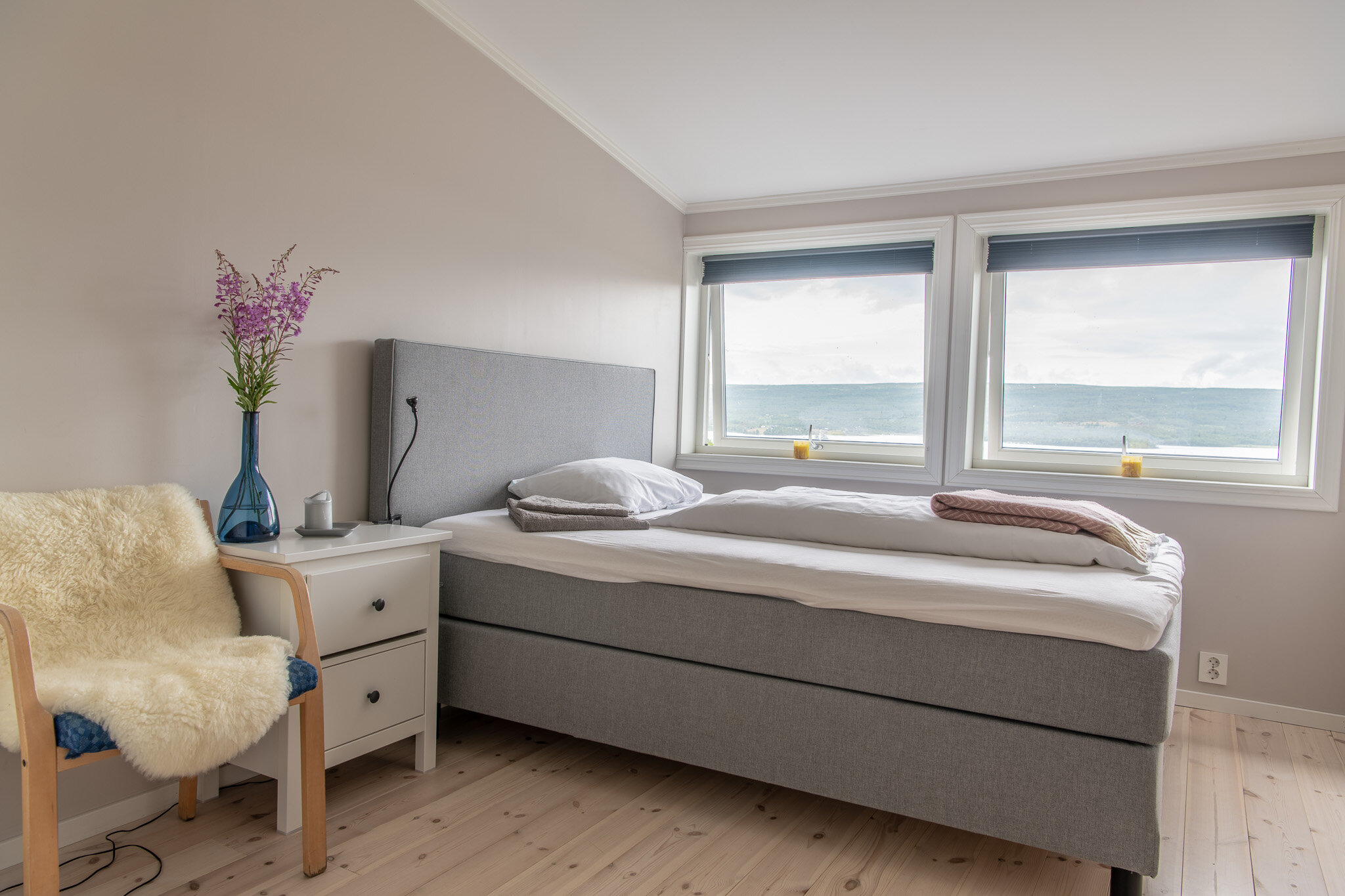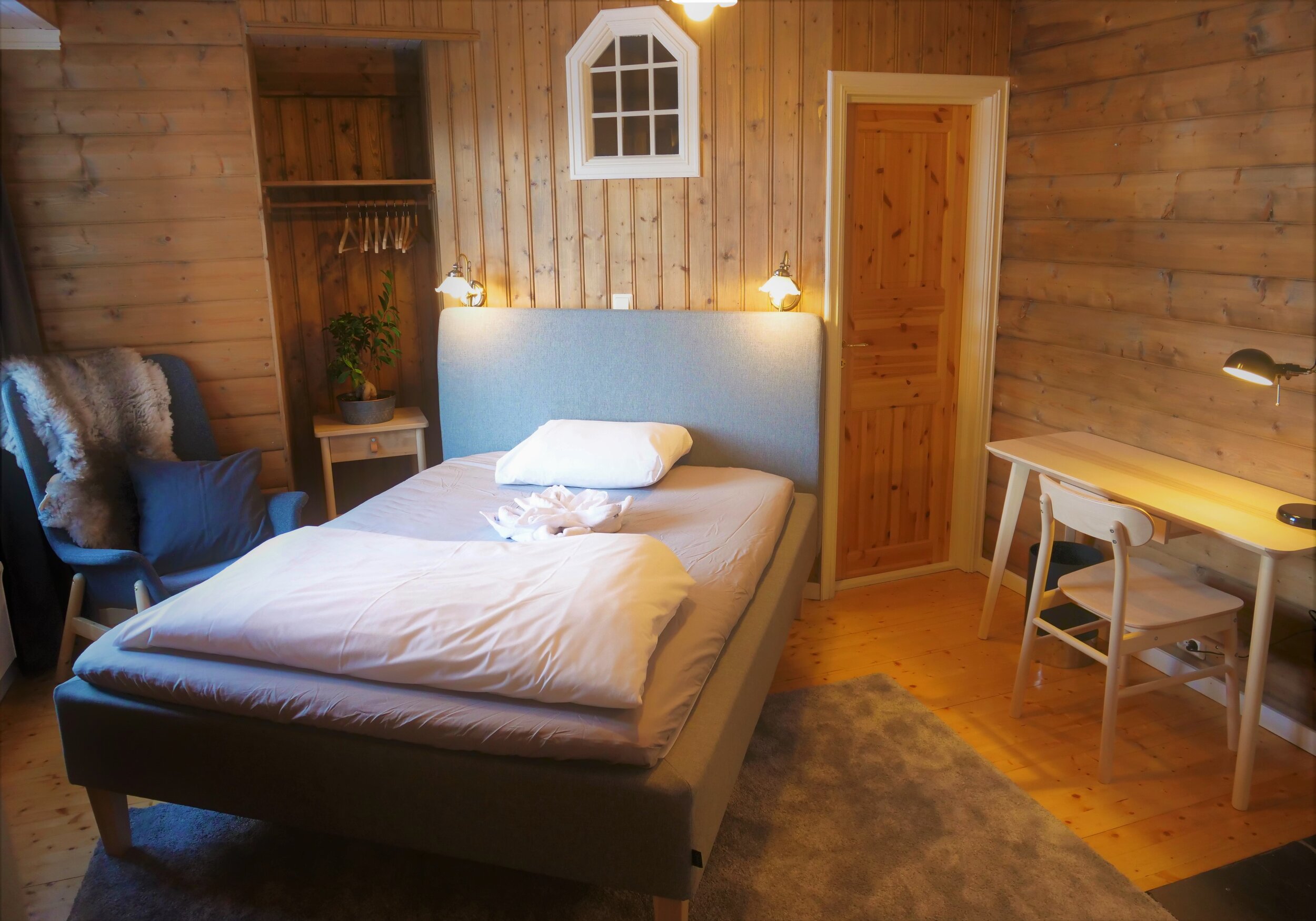In this special once-in-a-lifetime event at Nøsen, we will approach Tibetan Yoga from both the scholars and the practitioner’s perspective, exploring the intersection between the scientific and the spiritual understanding of yoga. We will contextualize the Vajrayana (Tantric) practices within the reality of our human psyche and physiology and we will see why exactly these practices are powerful tools towards unlocking our full human potential
About Tibetan yoga
The Hatha Yoga that was brought from India around the 8th century developed its own flavors and techniques in Tibet. Imbued with the emphasis on compassion and communal liberation, which forms the core of Buddhist practice, these Yogic techniques gained enormous popularity and formed a parallel tradition to monastic Buddhism, a tradition that has flourished until this day.
Tibetan yoga is founded on the view that all beings possess unlimited potential for goodness, however, our true enlightened nature is obscured by layers of afflictive emotions and conceptual ideas. The core of our obscuration is neurotic grasping to an imaginary “self,” something we impose upon our ever-changing stream of consciousness. This problematic and painful grasping is propelled even more today by an extremely individualistic-oriented culture, in which external appearances and individual “success” has become the common pursuit.
But opposed to the competitiveness and hostility that we as humans often express, we are as a species, naturally compassionate and designed for co-operation and mutual caregiving. The yogic exercises teach us to re-establish and embody our connection to all living -to nature as well as other beings. This connection shifts our sense of identity from the individual to the communal good, something that is crucial for overcoming the global challenges we are facing today. These techniques, of which many were traditionally kept secret, are therefore now given openly to the public for the first time. This new openness surrounding the Tibetan Yoga tradition is, according to H.H. The Dalai Lama, for the mutual benefit of individuals and society at large.
What you will learn
The yogic techniques you will learn are part of the preliminary practices from the Namchø tradition. These are called “gek sel” which means the remover of obstacles. They are the first steps towards clearing blockages in the subtle body through breath and visualization exercises. * Moreover, through the insightful explanations offered by Dr. Ian Baker, both a Medical anthropologist and long-term practitioner, this retreat offers a unique glimpse into the mighty and powerful tradition of yoga and its neuro-physical underpinnings.
Your teachers:
Dolpo Tulku Rinpoche
Dolpo Tulku Rinpoche, also called Tulku Sherab Zangpo, was born into a Lama family in Dho Tarap, Dolpo, in 1982. He became a monk at Kanying Shedrub Ling Monastery, Nepal, at the age of 9 in 1991 and was recognized by Dilgo Khyentse Rinpoche to be the reincarnation of the third Dolpo Nyingchung Drubthob. He was then sent to Namdroling Monastery, India, to receive his monastic education under the guidance of Penor Rinpoche. In 1997, when he was just 15 years old, he entered the prestigious monastic college of Namdroling Monastery where he studied, debated and researched the sutra and tantra teachings of the Buddha for ten years. Finishing his advanced Buddhist studies in the year 2007, he was appointed as a full-fledged teacher at Ngagyur Nyingma Institute. Since then he has reached a status equivalent to a university professor.
His Holiness Penor Rinpoche himself instructed him in the practices of the Namchö Cycle, which combines the practices of Mahamudra and Dzogchen. Dolpo Tulku now transmits these precious teachings to a growing international sangha in Germany Switzerland and the United States.
Dolpo Tulku also runs several humanitarian projects in his home province, Dolpo, one of the poorer regions of Nepal. The Dolpo Tulku Charitable Foundation has the main aims to promote improvement of health care, protection of the environment, and an effective combination of modern and traditional education for the Dolpo population.
Rinpoche has visited Nøsen on two previous occasions when he due to his vast knowledge, humanity and kindness towards all beings, quickly became a much loved and respected teacher!
Read more about Rinpoche here
Dr. Ian Baker
Ian Baker studied art history, literature, and comparative religion at Middlebury College, Oxford University, and Columbia University and Medical Anthropology at University College London. He is an international fellow of the Explorers Club and was honored by National Geographic Society as one of six ‘Explorers for the Millennium’ for his ethnographic and geographical field research in Tibet’s Tsangpo gorges and his team’s discovery of a waterfall that had been the source of myth and geographic speculation for more than a century.
Ian Baker is the author of seven critically acclaimed books on Himalayan and Tibetan cultural history, environment, art, and medicine including The Heart of the World: A Journey to the Last Secret Place, Celestial Gallery, The Tibetan of Art of Healing, and The Dalai Lama’s Secret Temple, a collaborative work with His Holiness The Dalai Lama that illuminates Tantric Buddhist meditation practices. Ian’s latest book, Tibetan Yoga: Secrets from the Source, was published in 2016. Ian has also written for National Geographic Magazine and has contributed to academic journals in the fields of Tibetan yoga and physical culture in Vajrayāna Buddhism.
Ian baker on Tibetan Yoga here
*Students who wish to go further on the path can seek initiation into the main Vajrayana practices at a later stage.
This retreat is hosted by www.onyoga.no. (https://www.onyoga.no)
Questions regarding the content of the retreat: ellen@onyoga.no
Retreat Schedule (tentative)
June 1
15.00-18.00 Arrival
18.00-19.00 Dinner
June 2 - June 4
05.00 Wake up
05.30-6.45 Yoga
07.00 -08.15. Meditation
09.00-10.00 Breakfast
10.00 -10.45. Dharma talk, explanation
10.45- 11.00 Meditation on reflection talk
11.00-11.30 Tea break
11.30-12-45 Meditation/yoga
13.00 -14.00 Lunch
15.00 -16.00 Meditation/yoga
16.00 -16.30 Tea break
16.30-17.30 Dharma talk, explanation
17.30-18.00 Meditation on reflection
18.00-19.00 Dinner
19.30-20.30 Students discussion
June 5
05.00 Wake up
05.30-06.45 Yoga
07.00 -08.15. Meditation
09.00-10.00 Breakfast and check-out from rooms
10.00 -10.45 Dharma talk, explanation
10.45- 11.00 Meditation on reflection talk
11.00-11.30 Tea break
11.30-12-45 Meditation/yoga
13.00-14.00 Lunch













Pris
Group room (max 4 participants sharing a room): 7100 kr per person
Twin room (max 2 participants sharing a room): 8200 kr per person
Singler room (own room): 8900 kr per person
Price includes:
Workshop lectures and classes
Accommodation at Nøsen Yoga og Fjellhotell for 4 nights
Delicious plant-based meals during the entire stay
Sheets, blankets, and towels
Complimentary tea, coffee, and infusion





















